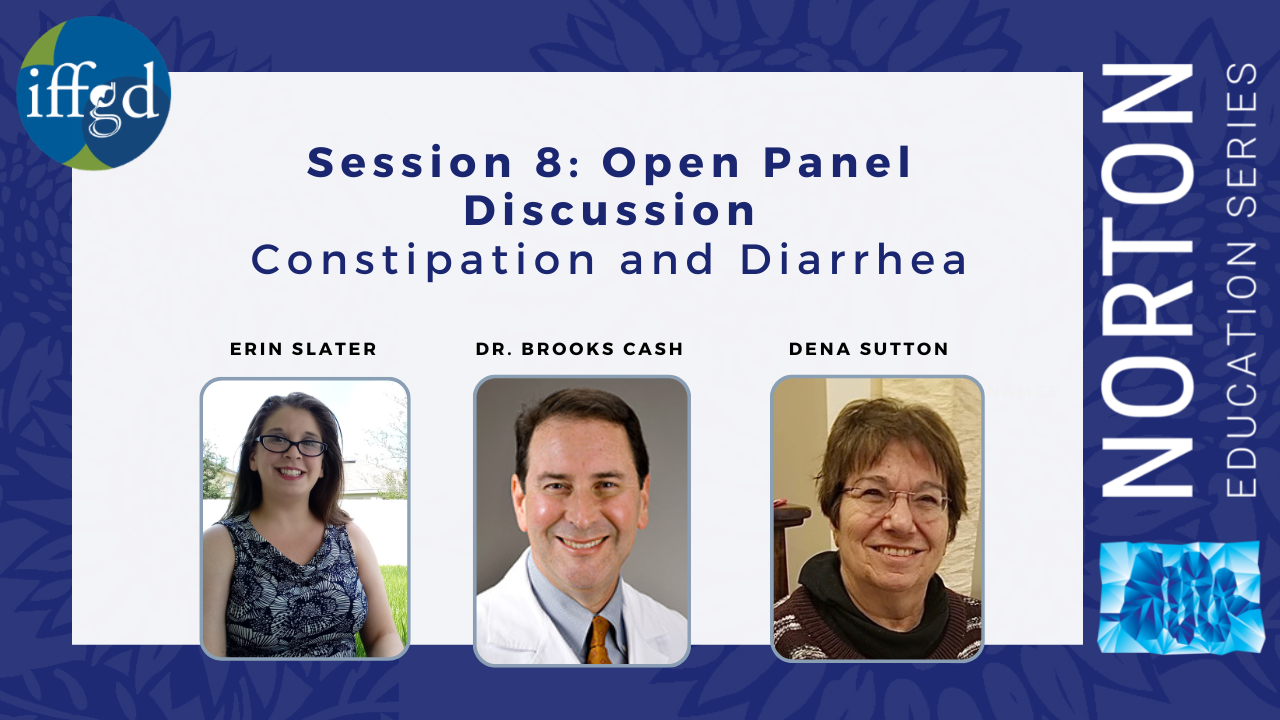When it comes to “normal”, peoples’ ideas on their bowel habits can vary considerably. As a result, constipation is one of the most difficult gut symptoms to define. Patients, physicians, and researchers all have different views of this condition.
Most of us experience constipation from time to time. Illness, inactivity, travel, medications, and other circumstances may lead to some irregularity in our bowel movements.
This can be seen as:
- infrequent or hard stools often accompanied by straining,
- sensations of incomplete evacuation,
- and abdominal discomfort or even pain.
For most people, these symptoms are short-lived and do not have a major impact on life. For some, abrupt onset of constipation may be the first sign of a bowel disease such as obstruction (e.g., tumor, adhesion) or inflammation (e.g., diverticulitis, Crohn’s disease).
Sudden and persistent onset of constipation can be a significant concern. Notify your healthcare provider if the symptoms are extremely painful and accompanied by fever, bleeding, or vomiting.
The Patient View on Constipation
Popular culture stresses the importance of daily bowel movements (BMs). However, many live happily with less than one BM a day. A recent study showed that more than 95% of people in the United States have between 3 BMs per day and 3 BMs per week.
People may report constipation if they sense something is wrong, or if they are uncomfortable. Hard stools may lead to straining and discomfort, particularly if they are small. Feelings of belly fullness or bloating and distension can reinforce the view that the gut needs emptying. Yet, these symptoms do not necessarily mean that stool is not moving through the colon at a normal speed.
The Physician View
During a medical exam, healthcare providers will ask the patient questions about their symptoms. A thorough and open discussion will help the provider make an accurate diagnosis.
Symptoms of constipation vary and are not always a good measure of what is happening inside the colon. There is not an easy way to measure constipation, which makes a diagnosis more difficult. Sometimes, hard or even impacted stool may be found in the rectum. This can be done by physical examination of the anus and rectum or by x-ray.
The healthcare provider will look for a clear cause of the impacted stool. Some medications or a stricture can cause constipation symptoms. A stricture occurs when there is a narrowing of the colon. If those are not the cause and symptoms are chronic and persistent, the healthcare provider may make a diagnosis of chronic constipation (CC). This is sometimes referred to as chronic idiopathic constipation (CIC) or functional constipation (FC) as well.
Irritable bowel syndrome with constipation (IBS-C) can also cause constipation. IBS-C differs from constipation in that abdominal pain or discomfort is the primary symptom associated with hard stools. Nevertheless, there is a lot of overlap of patients who may have both CC and IBS-C at various times during their lives.
The Physiologist View
Physiologists study the workings of the gut. To be certain that constipation is present, examinations may be done. These examinations seek to measure gut function and determine boundaries between normal and abnormal. The simplest of these is to measure colon transit time. The belief is that constipated patients will have a long gut transit time. This represents only a portion of constipated people, those with slow-transit constipation. Still, this is what most people (and many healthcare providers) think of as constipation.
Some people may have no trouble moving stool to the end of the colon. The constipation arises when they are unable to empty stool from the rectum. This occurs when the muscles and nerves in the pelvic floor that coordinate the release of stool do not work together. Pelvic floor muscles are more commonly known as the body’s “core” muscles. This includes the muscles that control when people pass urine and BMs. This is known as dyssynergic defecation. Healthcare providers sometimes refer to this as pelvic floor dysfunction, evacuatory dysfunction, or outlet obstruction constipation.
It can be tested for by using a variety of specialized tools.
Learn more about testing in constipation
Visit IFFGD’s Youtube Channel
Visit IFFGD’s Youtube Channel to watch an open panel discussion between physicians and patients as they discuss Constipation and diarrhea during IFFGD’s 30th Anniversary Norton Education Series
Summary
Constipation is a common disorder with many features, none of which is a complete indicator on its own. One must consider not only the frequency of BMs, but the consistency, and the effort required to pass them is important as well. In the absence of alarm symptoms such as bleeding, anemia (low blood counts), fever, and weight loss, chronic persistent constipation may be considered chronic constipation. It may overlap with IBS, though treatment goals for each can be different.
If you have just recently begun having symptoms, your healthcare provider should consider diseases that block or cause inflammation in the colon and rectum. It is also important to consider if a recently prescribed medication may have caused the change. Occasionally special tests may reveal damage to the muscles or nerves of the gut or a disorder of defecation. Fiber, bowel training programs, and the use of laxatives (as directed by a healthcare provider), prescription medications, or enemas can usually help many people.
Adapted from IFFGD Publication: What is Constipation Anyway? By: Kyle Staller, MD, MPH, Massachusetts General Hospital and Harvard Medical School in Boston, MA; Adapted from article by: W. Grant Thompson MD, FRCPC, FACG, Professor Emeritus, Faculty of Medicine, University of Ottawa, Ontario, Canada; Edited by: Darren Brenner, Associate Professor of Medicine and Surgery, Northwestern University – Feinberg School of Medicine, Chicago, Illinois











